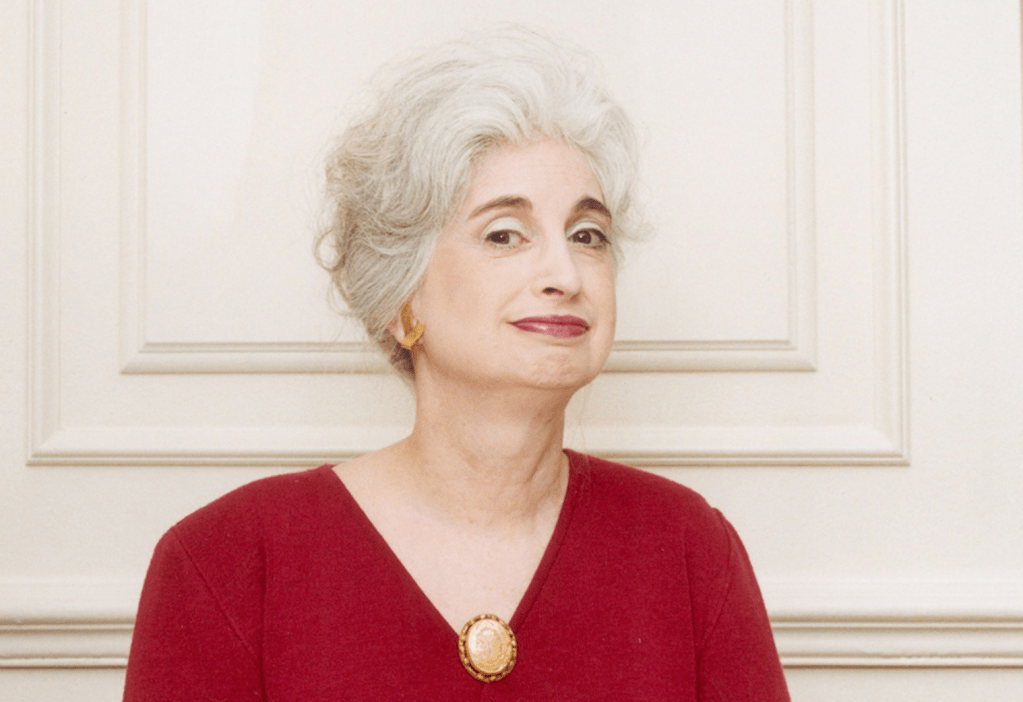However, one friend always orders desserts “for the table.” She does not ask whether people would like to share dessert, or what to order, but just charges ahead.
I never partake of the desserts; I have more than enough to eat with my entree already, and work to resist adding anything else.
I occasionally feel pressured to help pay for the desserts, but truly I’d rather not, since I’d prefer not to order them in the first place. On the other hand, it feels awkward to sit at a table with “shared” desserts and not chip in when the bill comes.
What’s the etiquette on this? I’ll happily chip in if that’s the right thing to do — although, unfortunately, knowing that I’m paying for a share in the desserts will make it harder for me to resist them.
GENTLE READER: Since your friend’s dessert trick occurs regularly, it seems to Miss Manners that you should come prepared next time by saying, as she orders, “Thank you, but I’m not having dessert today. But you all go ahead.”
Then you had better hope that your psychological scheme works and you are not tempted to partake, even when pressured to do so.
DEAR MISS MANNERS : Is it acceptable to place a small evening clutch on the table while dining out?
Often, the restaurant chairs have open backs, so if I place the clutch behind me, it falls to the floor. (In the worst cases, it spills its contents, too.)
If I place it in my lap under my napkin, if frequently slides to the floor, especially if my dress has a slippery fabric. If I try to place it under my leg, it cuts off circulation, even if I manage not to crush the contents.
Most clutches don’t have straps to accommodate a purse hook, either.
But I’ve seen so many severe comments against placing a bag on the table, I’m at a loss.
GENTLE READER : Why the manufacturing industry has not caught on to the fact that women carry stuff — especially when that same industry encourages buying that stuff in the first place — is beyond Miss Manners. (Just look at how pathetically grateful we are when our skirts have pockets!)


